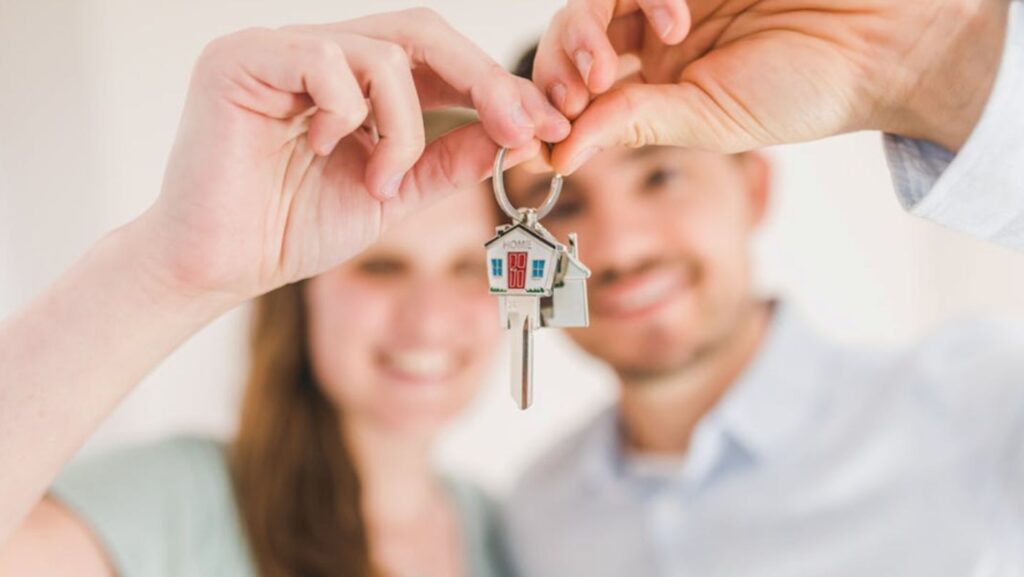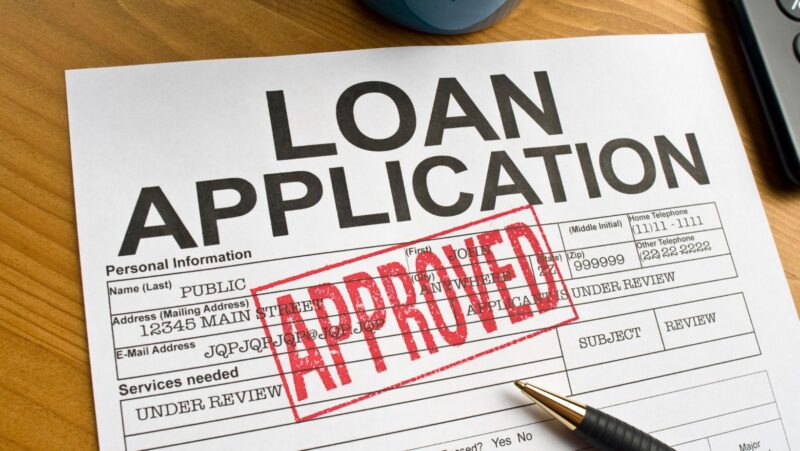
Becoming a homeowner is an exciting milestone, but it also comes with significant financial responsibilities. From mortgage payments to property taxes and unexpected repairs, the costs of owning a home can add up quickly. For new homeowners, creating a well-structured budget is not just helpful—it’s essential.
Budgeting helps you manage ongoing expenses, plan for future costs, and avoid financial stress. It ensures that you can meet your obligations without sacrificing your quality of life. Without a clear financial plan, even the most manageable costs can feel overwhelming. In this article, we’ll share eight essential budgeting tips to help new homeowners navigate their finances effectively.
1. Understand Your Monthly Mortgage Payment
Your mortgage payment is likely your largest recurring expense as a homeowner. It’s not just the loan principal and interest you’re paying—it also includes property taxes and homeowners’ insurance if they’re rolled into your mortgage. Understanding the breakdown of your monthly mortgage payment is crucial for effective budgeting.
Fixed-rate mortgages keep payments consistent, while adjustable-rate mortgages (ARMs) may vary based on interest rate changes. If your loan includes an escrow account for taxes and insurance, make sure you know how much goes into it monthly.
Automating your mortgage payments can help you avoid missed deadlines and late fees. Always budget with your mortgage as a non-negotiable expense and ensure it takes priority in your financial plan.
2. Factor in the Down Payment
The down payment is often one of the most substantial upfront costs of buying a home. Depending on your mortgage type, you may need to put down anywhere from 3% to 20% of the home’s purchase price. Properly planning for this cost can make the transition into homeownership much smoother.
Using tools like a down payment house calculator can help you determine how much you need to save and how long it will take to reach your goal. The calculator considers your target home price, loan type, and savings rate to give you a clear plan.
Start saving for your down payment as early as possible. Having a substantial down payment not only lowers your mortgage but can also save you money on private mortgage insurance (PMI) in the long run.
3. Budget for Property Taxes and Insurance
Property taxes and homeowners’ insurance are recurring costs that can significantly affect your monthly budget. These expenses often vary depending on your home’s location, size, and assessed value.
Many lenders include property taxes and insurance in your monthly mortgage payment through an escrow account. However, it’s essential to understand how much you’re contributing each month.
Additionally, homeowners’ insurance premiums can increase annually. It’s wise to review your policy each year to ensure you’re getting the best coverage at a competitive price. Staying aware of these costs prevents surprises when tax bills or insurance renewals arrive.
4. Create an Emergency Fund for Repairs
Owning a home means you’re responsible for all maintenance and repair costs. From a leaking roof to a broken water heater, unexpected repairs can happen at any time. Without an emergency fund, these surprises can disrupt your financial stability.
Financial experts suggest setting aside 1% to 4% of your home’s value annually for maintenance and repairs. For example, if your home is worth $300,000, aim to save $3,000 to $9,000 per year.
Start small if needed, but remain consistent with your contributions. An emergency fund acts as a safety net, ensuring you can address repairs promptly without relying on credit cards or loans.
5. Set Money Aside for Home Maintenance
Routine home maintenance is a crucial yet often overlooked aspect of budgeting for homeowners. While emergency funds cover sudden repairs, regular maintenance prevents costly issues from arising in the first place.
Tasks like HVAC servicing, roof inspections, gutter cleaning, and pest control should be part of your annual home care routine. These activities might seem minor, but neglecting them can lead to significant repair bills down the road.
To manage these costs, set aside a dedicated monthly or annual budget for home maintenance tasks. Some homeowners find it helpful to create a maintenance calendar to ensure tasks are completed on schedule. Staying proactive with maintenance can save you thousands of dollars over time.
6. Be Aware of HOA Fees (If Applicable)
If your new home is in a community governed by a homeowners’ association (HOA), you’ll need to account for HOA fees in your budget. These fees typically cover amenities like community pools, landscaping, and security services. However, they can vary significantly depending on the neighborhood and property type.

Some HOAs may also impose additional fees for special projects or repairs within the community. Make sure you understand the fee structure and budget for both recurring and occasional expenses.
If you’re planning to make changes to your home, check your HOA’s rules and guidelines. Violating them can result in fines or forced reversals of renovations, adding unexpected costs to your budget.
7. Track and Review Your Spending Regularly
Budgeting doesn’t stop once you’ve created a financial plan. Regularly tracking and reviewing your expenses is essential to ensure you’re staying on course. New homeowners often face fluctuating costs in the first year, such as seasonal utility spikes or unexpected repairs.
Use budgeting tools or apps to monitor your spending habits. Categorize expenses into mortgage payments, utilities, maintenance, groceries, and discretionary spending. This visibility allows you to identify areas where you might be overspending.
Review your budget monthly or quarterly and adjust as needed. Being proactive about tracking expenses ensures you catch financial issues early and make informed decisions about your spending.
8. Prioritize Paying Off Debts
While mortgage debt is often considered good debt, other high-interest debts, such as credit card balances, can quickly become a financial burden. Prioritizing debt repayment is crucial for maintaining financial stability as a homeowner.

Start by identifying high-interest debts and focusing on paying them off as quickly as possible. Consider using strategies like the snowball method (paying off smaller debts first) or the avalanche method (prioritizing high-interest debts).
At the same time, continue making your mortgage payments on time to avoid penalties or damage to your credit score. Balancing debt repayment with other financial responsibilities is essential for long-term financial health.
Becoming a homeowner is a rewarding experience, but it comes with financial responsibilities that shouldn’t be underestimated. Proper budgeting is the key to managing mortgage payments, property taxes, maintenance costs, and unexpected repairs without financial stress.
By following these budgeting tips, you can create a financial roadmap that keeps your homeownership journey smooth and sustainable.
A well-planned budget isn’t about restricting yourself; it’s about creating financial freedom and peace of mind. The more proactive and disciplined you are with your finances, the more you’ll enjoy the comfort and security of owning your home. Start implementing these tips today, and you’ll build not only a house but a financially stable future.







